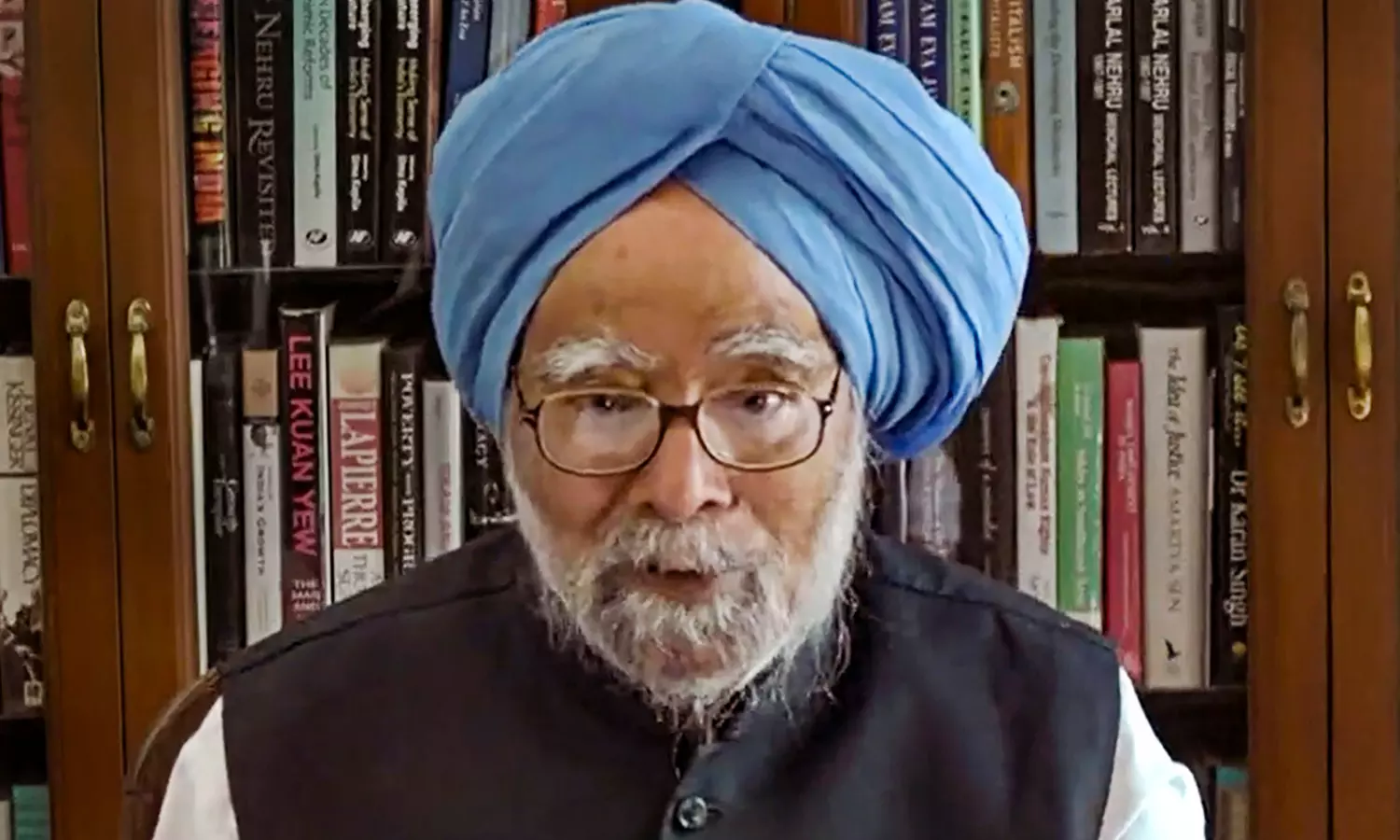AA Edit | Singh’s success as economist outweighed failures as PM

In a remarkable journey from an economist to central banker to a transformational finance minister and then an accidental Prime Minister, his integrity, humility, knowledge and calm and gentle way were Dr Manmohan Singh’s constant companions. Never cut out for the rough and tumble of politics, he leaned on his qualities to carry him through every situation and succeeded largely until his gentility became so virtuous that it would prevent him, in his second term as PM, from stemming the slide into a morass impelled by greedy politicians around him.
His greatest contribution to India will remain his leading the country out of the darkness of a closed economy based on protectionism with a negligible rate of growth to the free market in a stunningly bold move fashioned by his economic wisdom that helped transform the nation into the fastest growing major economy in the world it is today. That he led the country out of nuclear isolation by signing the Indo-US nuclear deal against great odds would rank as his second great contribution in the shaping of modern India.
His commitment to humanity saw him devise the jobs to fend off poverty through the MNREGA even as he rationalised the tax rates to reward the earners and give breathing space to the middle class. He was the driving force behind so many progressive ideas that made a difference as India rapidly modernised after a historic dose of liberalisation that he pioneered to offer the breakout national moment by changing the very DNA of economics.
It was, perhaps, his faith as a humanist that led him into trusting Pakistan with overtures to peace which were shattered. The misplaced faith led to a failure of judgment that may have affected him deeply in the ferocity of the minutely planned 26/11 attack on Mumbai that exposed Pakistan’s perfidy. Within months, the UPA alliance was to come through with a surprising victory again, in 2009, but it was unfortunate that coalition dharma had become such a burden as to drive a man of ideas into his shell from which he never emerged.
At the height of what was popularly diagnosed as “policy paralysis” when India may have needed very strong leadership because the needle of economic strength after two decades in the open era was also dipping, Dr Singh may have found that his qualities of goodness were inadequate as fears arose that the Indian dream may fade. Where assertiveness may have helped, a quiet gentleman was found wanting. The silence of a good man may have hastened the path into laissez-faire, as in “let things pass”, and India headed towards a crossroads at which a turn to the right came.
“History will judge me kindly”, he said, which is true as his economic reforms opened the door for India to become part of a new world. It is his legacy that most Indians are far better off today than they may have imagined three decades ago. He stayed pegged to honest statesmanship as a way of handling a job that was given to him because his only allies in the complex world of Indian politics had been his principles, and his leader did not feel up to taking the chair as the party was riddled with factions and needed someone she could implicitly trust. His success with economics will far outweigh gaps in his personality that prevented him from attaining success in politics.

